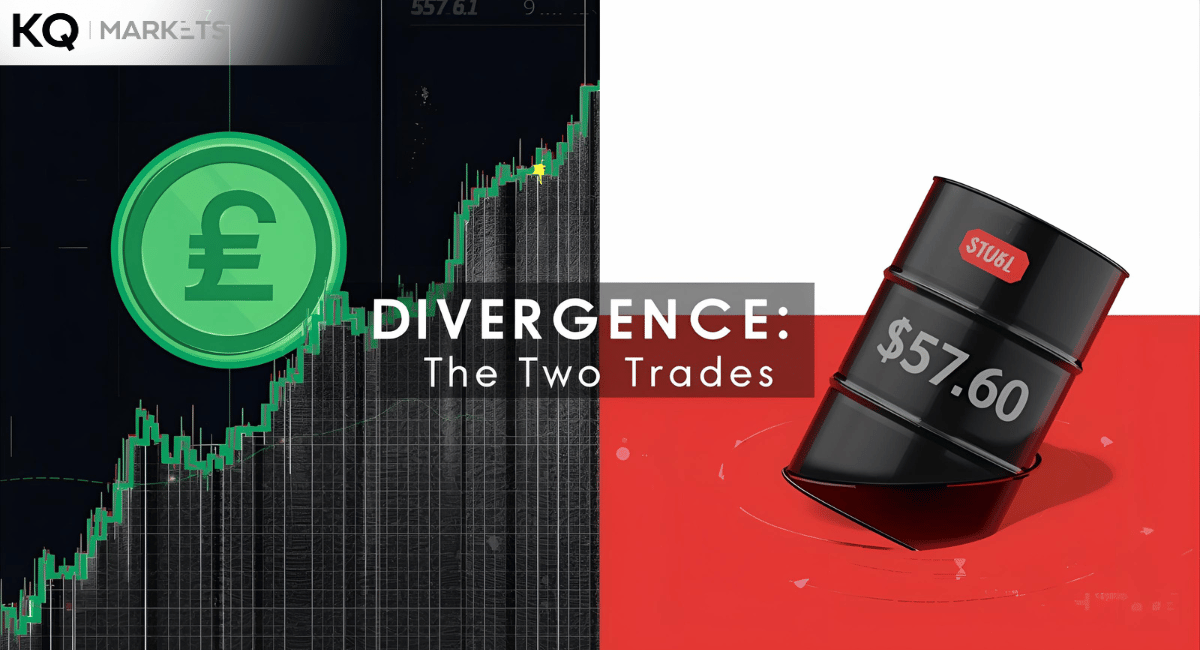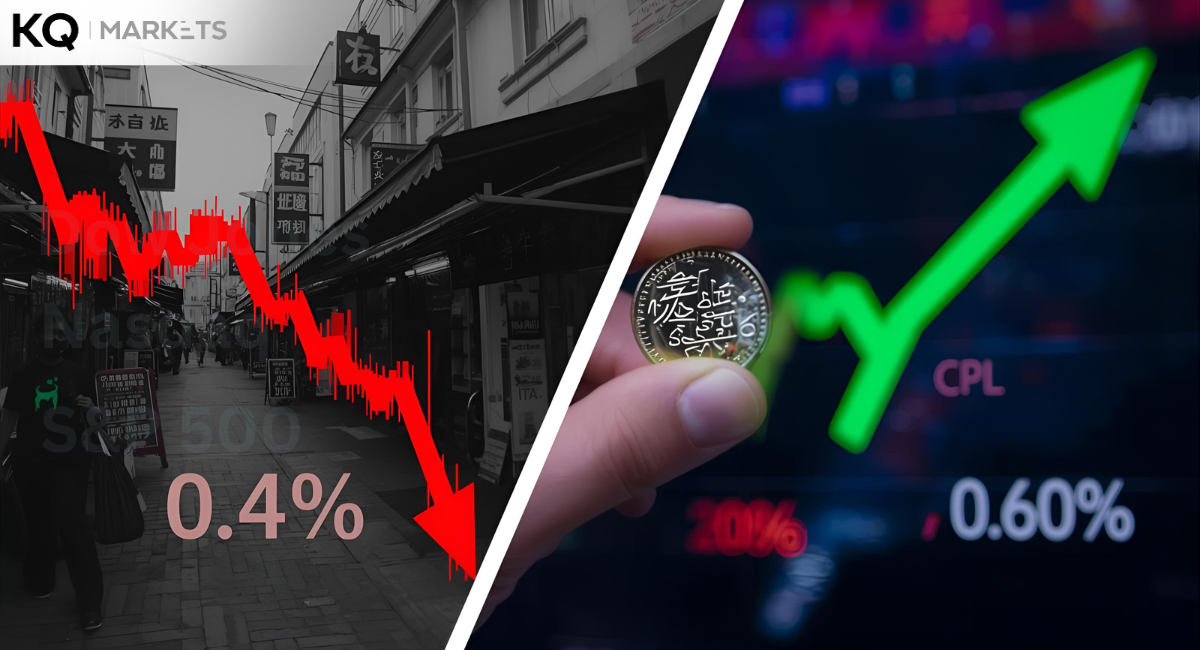Chinese companies’ shares in the United States fell sharply on 24th October, following Beijing tightening President Xi Jinping’s hold on to power. The souring sentiments from investors for non-state-driven firms result from the Chinese government increasing market control.
The China ETF Invesco Golden Dragon plunged by 20% to hit a new 52-week low. The ETF helps track the China Index for Nasdaq Goldman Dragon, which runs 65 firms with common shares publicly traded in the United States. Meanwhile, most of these shares get conducted in the People’s Republic of China.
For instance, tech giants like Alibaba lost over 19% on the same day, Pinduoduo plunged by 32.5%, and Tencent Music Entertainment dropped by 17%. In any case, the Chinese government announced several personnel changes that facilitated Xi Jinping to pave the way for an extraordinary third term as the leader.
These moves packed the Politburo standing board with loyalists. The most incredible part is that the new National Supervisory Commission appointed Wang Qishan as the leader. The new leader is a close ally of Xi and experts believe he will set up strict measures to curb corruption.
Other notable changes include the promotion of Chen Miner to the Politburo and Zhao Leji’s appointment as the leader of the party organisation department that monitors all personal decisions. These personal changes might help consolidate Xi’s position and power to help him better his plan in the coming years.
Under his leadership, the country has facilitated several policies that have helped to tighten regulation for the technology industry in aspects like data protection to govern how algorithms work. Besides, the policies can help to solidify China’s position as a leading force in the worldwide technology industry.
Although other states worldwide have opened up economies, the government of China is firm in its commitment to lockdown its cities. The countries’ zero-Covid policies have been strictly enforced since 2020, impacting even the most vital financial hubs such as Shanghai. Stock exchange specialities are wary that the second largest economy in the world remains un-investable. Overall, the Shenzhen Component and the Shanghai Composite lost almost 2% each.
The market for US-listed Chinese stocks has become increasingly volatile following Beijing's latest policy changes. You can update yourself on the ongoing market news at KQ Markets and with our comprehensive tools such as an economic calendar, accurate forex signals, a precision-driven fibonacci indicator, and an easy-to-use pivot point calculator. Create a demo account today, and get assistance from professionals. We believe in giving our clients the highest quality trading experience possible. That is why we provide a variety of educational materials to assist you in staying informed and making sound trading decisions.
Read Also:
London Loses Position as Most Valuable European Stock Market
Stocks fall, Oil Slides, Disney Rises to a Start Holiday-Shortened Week





